The second political force has a political party now. Does it mark a watershed in the Burundian political landscape? And what will be the fate of Amizero y’Abarundi coalition?
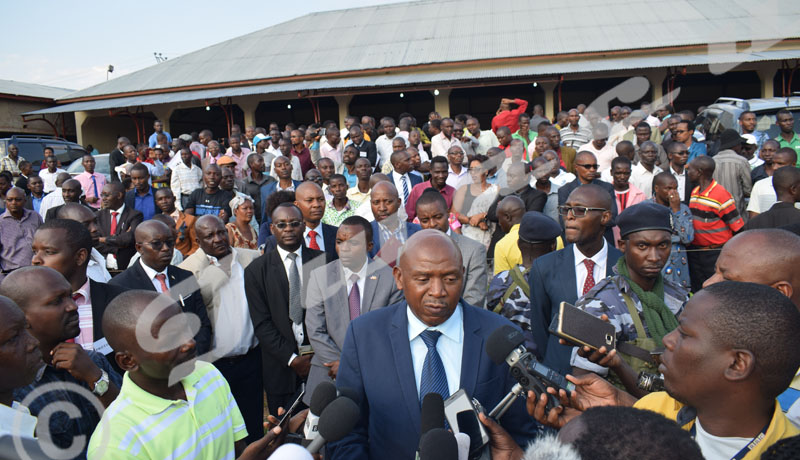
CNL, new heavyweight of the Burundian opposition
On February 14, The Ministry of the Interior approved the National Congress for Liberty-CNL. The big surprise is that the latter was less optimistic.
Today, everyone applauds and speaks of a step towards an opening of the political space in the country. In his report to the Security Council on Tuesday, the special envoy of the UN Secretary General, Michel Kafando, welcomed the official recognition of the new opposition party-CNL: “I encourage the government to continue in this direction.”
Observers wonder if the arbitrary arrests and the intimidation of members of the new party will stop.
CNL has already denounced the arrest of its six members in Muyange area of Mugina commune in Cibitoke western province in the evening of the day when their party was officially approved.
They were accused of holding an illegal meeting in the night. Simon Bizimungu, an elected MP in this constituency, demands their immediate release. Local police meanwhile spoke of an arrest for investigation.
In Bweru commune of Muyinga province, a certain Léonidas Congera was beaten to death on Sunday night. MP Pascal Bizumuremyi points an accusing finger at a group of the youth affiliated to the ruling party Cndd-Fdd led by Dieudonné Ncamwaka, nicknamed “Major”. The victim is hospitalized. That MP demands that the perpetrators be arrested.
The first vice-president of the Republic recognizes cases of excessive zeal on the part of the administrative officials. According to Gaston Sindimwo, approving a party is allowing its members to enjoy the rights and freedoms permitted by the law on each political party. “They must learn to dissociate having a drink together from a political activity and not arrest someone for an illegal motive.” At the same time, each political meeting must be notified in advance to the administration so that they can secure the locality.
A long assault course
CNL awaited five months since the application for approval. It must be said that the crossing of the desert of this second political force in Burundi does not date from yesterday. In 2012, FNL was removed from the hands of Agathon Rwasa.
As a politician with a great adaptation capacity, Agathon Rwasa alongside members of UPRONA party who also suffered the same fate as they found themselves without a party, formed together Amizero y’Abarundi coalition for the 2015 elections. They won 21 seats in the National Assembly.
However, the Constitution of March 2018 in its article 86 prohibits the coalition of the independents. “It’s no doubt that it alludes to Amizero y’Abarundi coalition,”said the coalition leaders adding that all this aims to prevent them from taking part in the upcoming elections.
Mr Rwasa did not give up. By bringing his party leaders together on March 12, 2018 to think about the party’s creation, he knew he was playing one of his last cards. “It will either work or fail,” said some followers of this former rebel. A file was later on submitted.
It was later on rejected. Its name, emblems, motto …had to be changed. “These are just dilatory manoeuvres and the search for pretexts to prevent the new party’s approval,” Said a politician.
At this moment, the question many observers ask is how this approval was given. The Constitution had visibly locked the ‘the coalition of independents’. The new draft of the electoral code went in the same direction,too. Article 174 (second paragraph) stipulates that an independent candidate must get at least 40% of the votes in the constituency where they have registered, which is far different from 2% required for political parties at the national level.
What is the fate of Amizero y’Abarundi coalition?
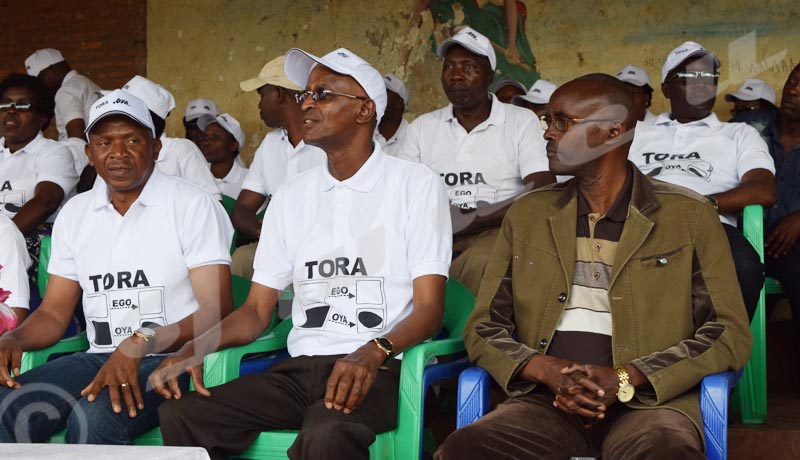
Leaders of Amizero y’Abarundi coalition during the referendum campaign.
The faction of UPRONA party of Amizero y’Abarundi coalition does not intend to leave Agathon Rwasa. Tatien Sibomana , one of the leaders, says he has always shared the vision of making an alternative force to the ruling party with the CNL leader. ” We have never been a merged party. We wanted to make a unique list of independents because we shared this vision and we will always share it”.
Tatien Sibomana recognizes however that it is not easy with the new Constitution: “It is difficult to say how we will achieve this vision together as we did in 2015 as a coalition. But we are thinking about it.”
Tatien Sibomana adds: “We never wanted to create another party or be part of founding members of the new party of Rwasa because we have a party known as UPRONA.”
This UPRONA faction claims to have won trials at the Supreme Court level. These trials called for the rehabilitation of the central committee elected during the reunification of the party in 2009. It is clear that in the press release read by the spokesperson for the Supreme Court, it was stated that it was up to the Ministry of the Interior to implement these judgments, what it has not done so far.
“In November, we introduced again the request to the Ministry of the Interior. We will do it again».
The UPRONA faction of the coalition seems to have not turned the UPRONA page and sticks to its guns to recover it. “We are still thirsty for the reunification, but which respects the decisions which place the 2009 central committee at the head of the party to which we belong,” Said Tatien Sibomana.
A few months before the 2020 elections, believing the party of Gaston Sindimwo and Abel Gashatsi will accept that is less realistic. A wishful thinking. Another formula must be found quickly for this faction of Amizero y’Abarundi coalition to remain viable.
Written by Agnès Ndirubusa and translated by
Pierre Emmanuel Ngendakumana

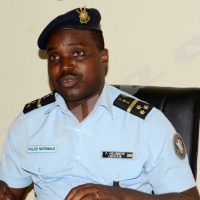
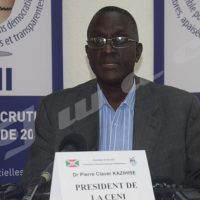
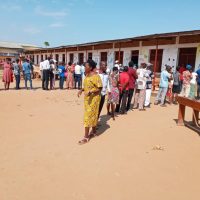
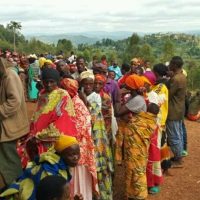
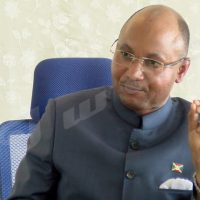













 IWACU Open Data
IWACU Open Data

